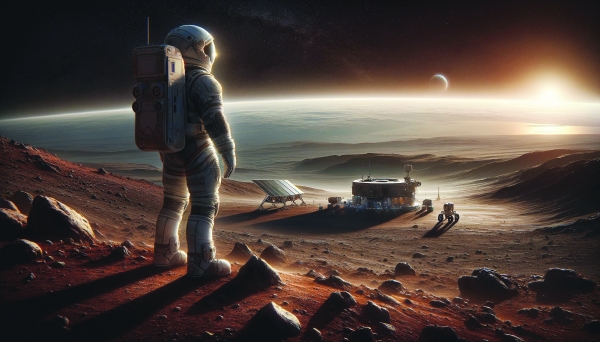
The aphorism “good old days” encapsulates a sentiment that many people find true to their experiences—it is the nostalgic idea that the past was better than the present. Although there is a sense of security and comfort in knowing how the melody goes, it is a false sense of security stemming from the certainty of one’s experience. Objectively, people in the 21st century lead far better lives than those in the 20th century (and all centuries before that) in almost all metrics. Let’s not get into how a primitive hunter-gatherer might have led a happier life than a present-day urban dweller doing nine-to-five. The world’s literacy rate has improved from 68% in 1980 to 86% in 2020; the energy consumption per capita in South Korea has risen from 5000 kWh in 1970 to 68000 kWh in 2020; the Gallup World Poll shows an increasing trend for life satisfaction in every single nation (roughly 100 countries) included in the survey.
As intuitive as how a balloon expands on one side when compressed on the other, the betterment of life quality is a direct consequence of the deterioration of the natural environment. The Living Planet Index, which shows the world’s wildlife population, has decreased by 70% since 1970. The occurrence of annual extreme weather has risen from 178 events in 1980 to 447 events in 2020. Notwithstanding the detrimental (and existential) impacts on the ecosystem, we generally want to continue using more energy, because we want to continue living better lives. Evidently, these adversarial interests are not sustainable for, as much as a balloon expands and contracts in shape, it will never expand in size. This fundamentally motivates the need for space exploration. In this context, we fully acknowledge but conveniently overlook minimalism and/or other related environmental movements.
The Apollo mission was the first to carry 24 Americans to or near the Moon between 1968 and 1972. Neil Armstrong famously said “One small step for man, one giant leap for mankind” as he set foot on the Moon’s surface for the first time in the history of mankind. The mission at the time was largely motivated—thus accelerated—by a political agenda, the race to space between the US and the Soviet Union. As a consequence, this competitive landscape has enormously moved up the timetable for space exploration. At one point, the budget for the Apollo mission was as much as 4% of the US GDP. Once they reached the Moon and, more importantly, won the space race, there was no longer an immediate political incentive to pour tremendous resources into space programs, and the Apollo mission was terminated prematurely soon after. For the next 50-plus years, no man will set foot on the Moon. This exemplifies the critical issue with government-led space missions: the near impossibility of a consistent R&D budget regardless of the next sitting president or a change in the political climate.
Most of the work is now done by private companies with government partnerships. According to a report by McKinsey & Company, space R&D and other related activities are now possible in the private sector because recent technological advances in manufacturing, propulsion, and launch have made it much easier and less expensive. In fact, the cost of heavy launches to low-Earth orbit (LEO) has dramatically reduced from 65,000 USD per kilogram to 1,500 USD per kilogram (in 2021 dollars) largely thanks to reusable launch vehicles. One of the goals of Jeff Bezos’ space company Blue Origin is to lay the groundwork and invest in the infrastructures so that future generations could start successful space companies from their dorm rooms much like the Internet companies of this era.
Space provides a plethora of new opportunities for the development of human civilization as it contains an abundance of untapped resources waiting to be tamed. It therefore provides an adequate solution to the Earth’s depleting resources and a stepping stone towards achieving galactic civilization. Neil deGrasse Tyson said in a CNBC report, “The first trillionaire there will ever be is the person who exploits the natural resources on asteroids, as a single asteroid the size of a football field could contain 25 billion USD to 50 billion USD worth of platinum.” Various consumer products are also being researched and developed in space as it could benefit from zero-gravity, high levels of radiation, or a near vacuum-like state. Space symbolizes a limitless and ever-expanding opportunity that could meet the ever-growing greed of humanity.


